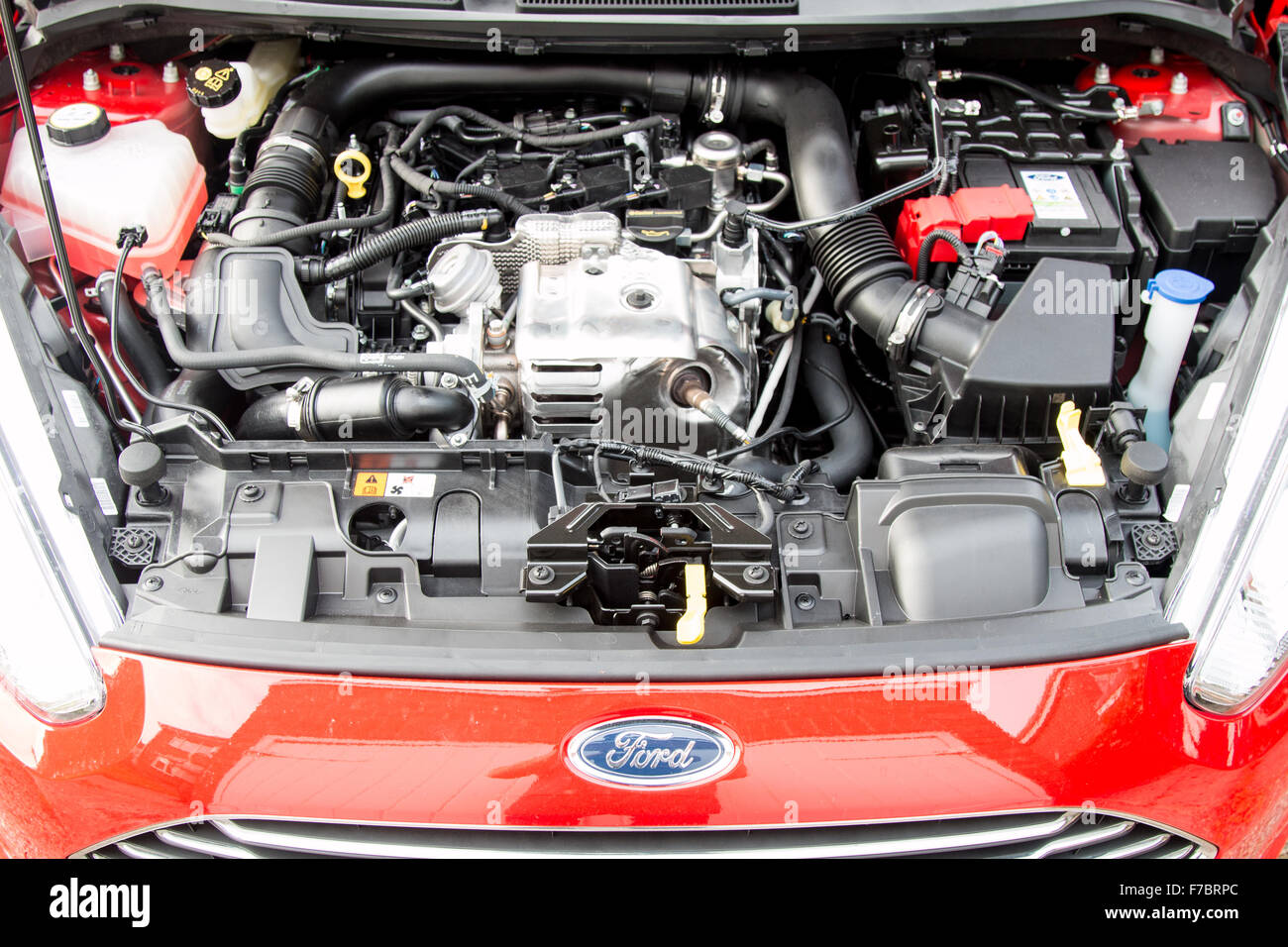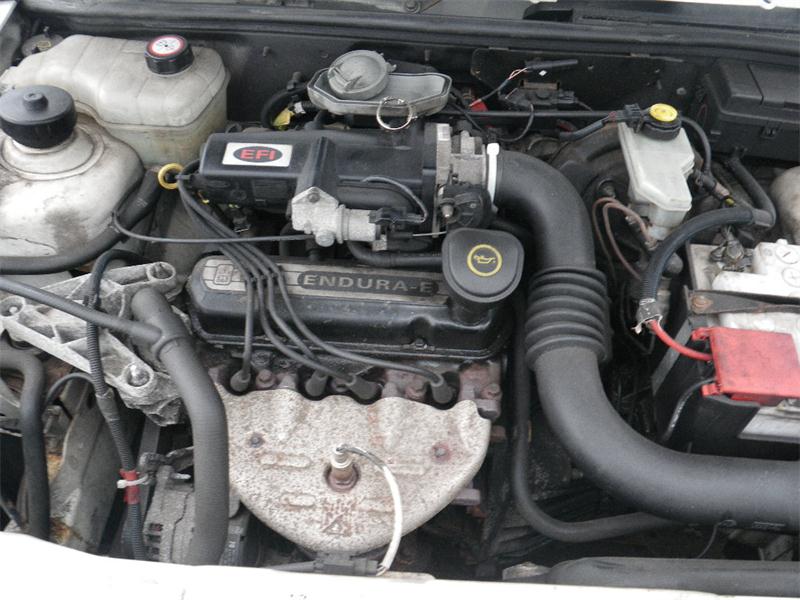The Future of Engines: Technologies Driving Sustainable Power Solutions
As the auto sector navigates the crucial change in the direction of sustainability, the future of engines is increasingly specified by groundbreaking technologies. Electric engine innovations, along with promising developments in hydrogen gas cells and biofuels, are improving the landscape of power options.
Electric Engine Dope
The advancement of electrical engine developments signifies a crucial shift in the automotive and aerospace industries, driven by the urgent demand for sustainable alternatives to fossil fuels. This change is identified by significant improvements in battery technology, power electronics, and electrical motor layout, which jointly enhance the efficiency and performance of electrical engines.
Recent developments have led to the creation of lighter, extra energy-dense batteries, such as lithium-silicon and solid-state batteries, which promise longer ranges and much shorter charging times. Furthermore, renovations in electrical motor effectiveness, such as using permanent magnets and progressed cooling systems, enable electrical engines to run efficiently under varying problems. These enhancements not just enhance car efficiency but also add to a reduction in total energy consumption.
In addition, the combination of innovative software program formulas has actually enhanced power administration in electrical cars, allowing for regenerative stopping and predictive charging strategies. As producers increasingly welcome electric propulsion, the aerospace and automotive markets are experiencing a standard shift in the direction of greener modern technologies. This advancement not only fulfills governing demands however also lines up with customer preferences for ecologically friendly transportation options, strengthening electric engines as a foundation of future sustainable mobility.
Improvements in Biofuels
As the aerospace and automobile industries increasingly focus on lasting energy sources, innovations in biofuels emerge as a complementary solution to electrical engines. Biofuels, derived from organic materials such as plants, waste, and algae, offer an ingenious opportunity for lowering greenhouse gas emissions and reliance on fossil fuels.
Recent research study has actually concentrated on boosting the efficiency and sustainability of biofuel production. Second-generation biofuels use non-food feedstocks, decreasing competitors with food supply and minimizing environmental impact. Improvements in artificial biology have allowed the engineering of microbes to generate biofuels a lot more successfully, leading to higher yields and lower production costs.
Additionally, the development of drop-in biofuels enables seamless integration right into existing framework, making it possible for a smoother shift for sectors commonly based on fossil gas. ford fiesta engine. These fuels can be made use of in existing engines without alterations, promoting their adoption throughout various industries
Investments in biofuel innovation, along with encouraging policies, are crucial to drive technology and scalability. As the worldwide neighborhood seeks to deal with environment modification, biofuels offer a practical, instant remedy that lines up with the overarching goal of sustainability in transport and air travel.
Hydrogen Fuel Cell Innovation
A growing variety of researchers and companies are exploring hydrogen gas cell technology as a sensible choice to standard power resources in transportation and power systems. This technology converts chemical power from hydrogen into electricity via an electrochemical reaction, with water as the only by-product, making it an eco-friendly option.
The core of hydrogen gas cells is the fuel cell stack, where hydrogen particles are split right into protons and electrons. The circulation of electrons creates electrical power, while protons move with a membrane to integrate with oxygen from the air, forming water. This procedure causes learn the facts here now high performance and low exhausts, positioning hydrogen gas cells as a vital gamer in the shift to lasting energy.
Considerable developments have actually been made in boosting the toughness and efficiency of gas cells, alongside decreasing prices via ingenious manufacturing strategies. Additionally, the growth of hydrogen manufacturing methods, such as electrolysis powered by renewable resource resources, boosts the sustainability of the general system. As infrastructure for hydrogen refueling expands and manufacturing approaches come to be more efficient, hydrogen fuel cell innovation holds great guarantee for decarbonizing different fields, consisting of sturdy transport and stationary power generation.
Hybrid Systems and Their Impact
Hybrid systems represent a substantial advancement in lasting engine modern technology, combining standard internal combustion engines with electrical propulsion to enhance power effectiveness and reduce exhausts (ford fiesta engine). This twin technique enables cars to utilize both power resources, allowing higher versatility in energy intake and decreasing reliance on nonrenewable fuel sources

Along with environmental advantages, crossbreed systems offer customers a viable shift in the direction of totally electric cars. They reduce array anxiousness by incorporating the ease of gas with the advantages of electrical propulsion, making them an appealing choice for a larger target market. As makers invest in hybrid modern technology, the advancement of advanced battery systems and lightweight products proceeds to boost performance. On the whole, crossbreed systems stand for an essential step towards attaining sustainable transport and attending to the immediate requirement for ecologically pleasant power services.
The Role of AI in Engine Design
Leveraging sophisticated formulas and artificial intelligence strategies, the automobile market is significantly incorporating expert system (AI) into engine design processes. AI improves the performance and effectiveness of layout by assessing vast datasets to determine ideal arrangements and performance parameters. This ability enables designers to replicate numerous operating conditions and predict engine habits under link several situations, dramatically decreasing the time and expense related to standard prototyping techniques.
Additionally, AI promotes the advancement of sophisticated products and burning procedures customized for sustainability. By maximizing gas performance and decreasing exhausts, AI-driven designs align with global campaigns aimed at lowering the carbon impact of auto engines. Equipment understanding formulas can likewise predict maintenance needs, causing boosted dependability and long life of engine parts.
Additionally, AI contributes in the combination of electrification technologies, such as hybrid systems, where it can optimize battery More Info monitoring and energy recuperation processes. As the industry moves towards more sustainable power services, the role of AI in engine design comes to be progressively essential, driving innovation and enhancing the efficiency of future engines. Inevitably, the collaboration between AI and engine design declares a new age of smarter, cleaner, and extra effective auto modern technologies.

Verdict
In conclusion, the future of engines is being shaped by a convergence of innovative technologies that focus on sustainability. Electric engine developments, biofuel advancements, hydrogen gas cells, and hybrid systems jointly contribute to a significant decrease in discharges and ecological effect.
Electric engine advancements, together with promising growths in hydrogen gas cells and biofuels, are improving the landscape of power solutions. Furthermore, improvements in electrical motor efficiency, such as the use of irreversible magnets and advanced cooling systems, enable electrical engines to run successfully under differing problems. By maximizing fuel effectiveness and lessening emissions, AI-driven designs align with international initiatives aimed at reducing the carbon impact of automotive engines. As the industry relocates towards more lasting power options, the role of AI in engine style becomes progressively vital, driving innovation and boosting the performance of future engines. Electric engine developments, biofuel advancements, hydrogen gas cells, and crossbreed systems collectively contribute to a considerable reduction in discharges and ecological influence.